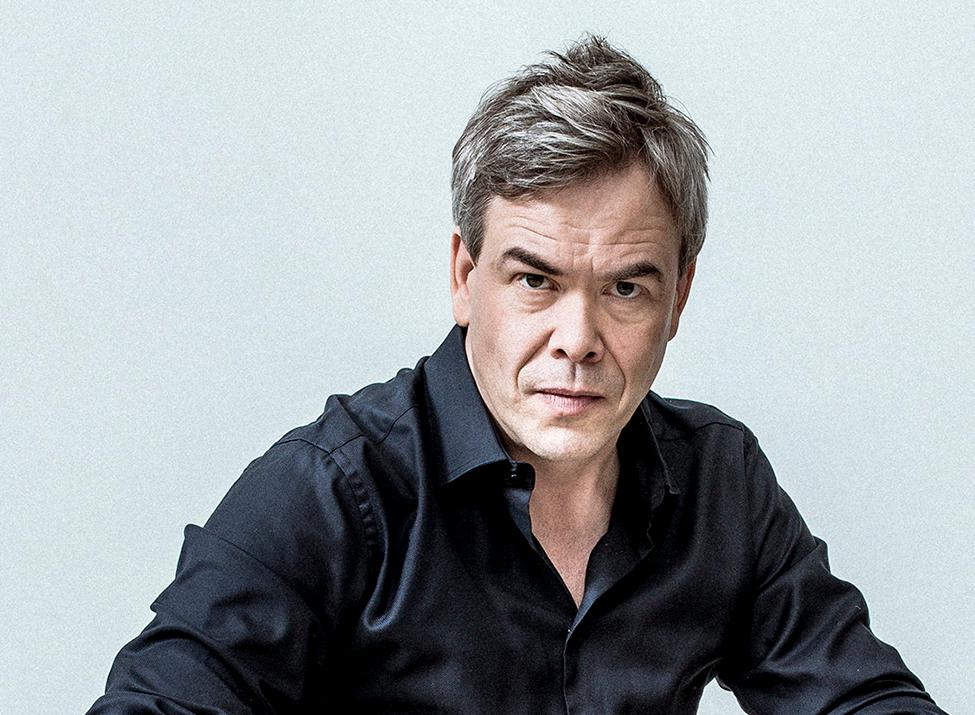LONDON PHILHARMONIC ORCHESTRA • 27 NOVEMBER 2020
PROGRAMME NOTES KRZYSZTOF PENDERECKI 1933–2020
SINFONIETTA NO. 1 FOR STRINGS 1992 – APPROX 12 MINS –
1 ALLEGRO MOLTO 2 VIVACE Sadly, owing to travel and quarantine complications, Gábor Boldoczki was unable to join us to perform Penderecki’s Trumpet Concertino as originally advertised.
Kryzsztof Penderecki was born in Dębica, a small town between Kraków and L’vov, and studied at Kraków’s Academy of Music and Jagiellonian University. He first established himself at the Warsaw Autumn Festivals of 1959 and 1960. Quickly becoming part of the European avant-garde, he achieved fame with his Threnody for the Victims of Hiroshima, in which he imparted a keen expressivity to his then ‘sonorist’ musical language. The St Luke Passion proved how successful this idiom could be in sacred music and he continued to be inspired directly by such timeless religious themes, as is witnessed by his cantatas, oratorios and operas. During the mid-1970s this involvement with tradition became deeper, Penderecki entering into dialogue with music that he ‘rediscovered’ for himself. He internalised the post-Romantic tradition and combined it with the technical achievements of his earlier music. Further formal and stylistic investigation led to the synthesis of the modern with the traditional. This inspired operas of stylistic diversity such as the expressionist Black Mask and the post-modern Ubu Rex. Compositions drawing on this new aesthetic included Symphonies Nos. 3, 4 and 5 and the oratorios Seven Gates of Jerusalem
and Credo, all of these associated with both a condensed expression as well as a purified array of technical means. Penderecki’s music for strings is a notable subcategory of his orchestral output that runs across almost the whole of his composing career. Together with other of his Polish contemporaries, he initially deployed strings in terms of their unorthodox sonorities and ability to create textures no less striking than those achieved by wind or percussion. Later, however, re-engagement with earlier musical eras often found him invoking rather more traditional idioms. A transcription of his earlier String Trio, the Sinfonietta for Strings (1992) was first heard in Warsaw on 17 February 1992, performed by Sinfonia Varsovia conducted by the composer. The piece falls into two very different movements which, between them, add up to an unlikely unity whose sum is nevertheless greater for its overt polarity. It begins with an Allegro molto whose aggressive opening chords are contrasted starkly with a lengthy and increasingly impassioned viola solo. Further alternation of these two ideas brings about a fugitive
–8–




